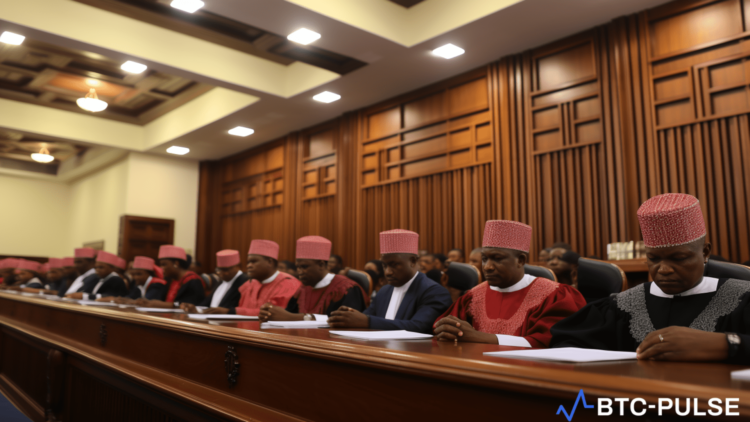Court Denies Bail to Binance Executive Tigran Gambaryan
A Federal High Court in Abuja has denied bail to Tigran Gambaryan, a Binance executive, who faces charges of money laundering and tax violations in Nigeria.
Justice Emeka Nwite ruled against granting Gambaryan bail on Friday, citing the executive’s potential flight risk and the severity of the allegations.
Gambaryan, head of financial crime compliance at Binance, was arrested in February shortly after arriving in Nigeria to discuss the crypto exchange’s operations with government officials. The Nigerian Economic and Financial Crimes Commission is prosecuting the $35 million money laundering case, while the Federal Inland Revenue Service is overseeing tax violation charges.
Court’s Rationale for Denial
During the hearing, the judge emphasized that the nature of the offenses necessitated a cautious approach to bail considerations. Gambaryan has pleaded not guilty to the charges, which were formally presented against him on April 8.
“We are deeply disappointed that Tigran Gambaryan, who has no decision-making power in the company, continues to be detained. Tigran has been dedicated to public service and fighting crime for most of his life. These charges against him are completely meritless. He should be freed while discussions continue between Binance and Nigerian government officials,” said a Binance spokesperson, expressing the company’s frustration in response to the court’s decision.
Binance’s Response and CEO’s Concerns
Binance CEO Richard Teng has also voiced his concerns, advocating for Gambaryan’s release and criticizing the circumstances of his detention.
“To invite a company’s mid-level employees for collaborative policy meetings, only to detain them, has set a dangerous new precedent for all companies worldwide,” Teng highlighted in a recent blog post, emphasizing the troubling precedent set by the arrest.
International Implications
The trial continues as international attention grows, focusing not only on the specifics of the charges but also on the broader implications for foreign businesses operating in Nigeria.










